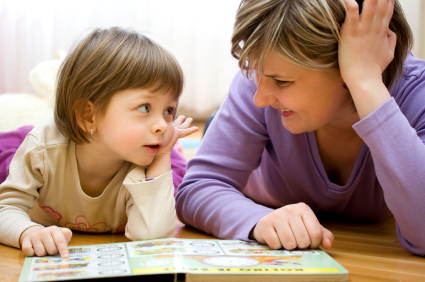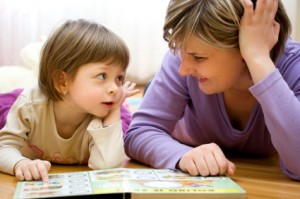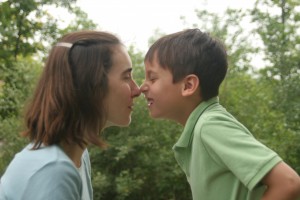
Parenting  What happens when a parent first expresses concern about a toddler’s speech development? How can a parent know whether a child is simply a late-bloomer or is having more serious developmental issues?
I’ve been there. I can walk you through the process. But I’ll tell you right now, I don’t know exactly where this road will lead us.
What happens when a parent first expresses concern about a toddler’s speech development? How can a parent know whether a child is simply a late-bloomer or is having more serious developmental issues?
I’ve been there. I can walk you through the process. But I’ll tell you right now, I don’t know exactly where this road will lead us.
Does my child have speech delays? 6 things you need to know
 What happens when a parent first expresses concern about a toddler’s speech development? How can a parent know whether a child is simply a late-bloomer or is having more serious developmental issues?
I’ve been there. I can walk you through the process. But I’ll tell you right now, I don’t know exactly where this road will lead us.
What happens when a parent first expresses concern about a toddler’s speech development? How can a parent know whether a child is simply a late-bloomer or is having more serious developmental issues?
I’ve been there. I can walk you through the process. But I’ll tell you right now, I don’t know exactly where this road will lead us.



